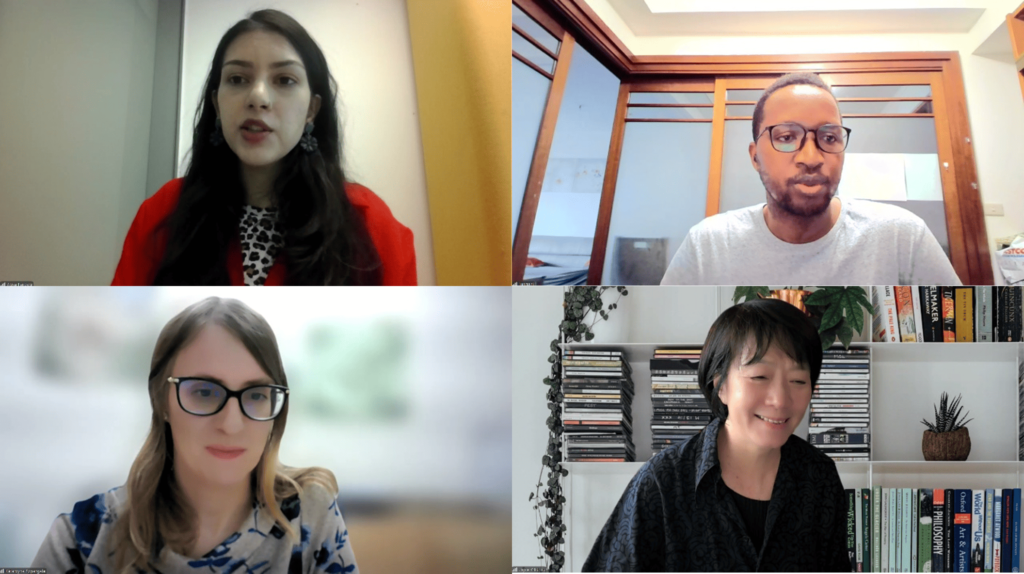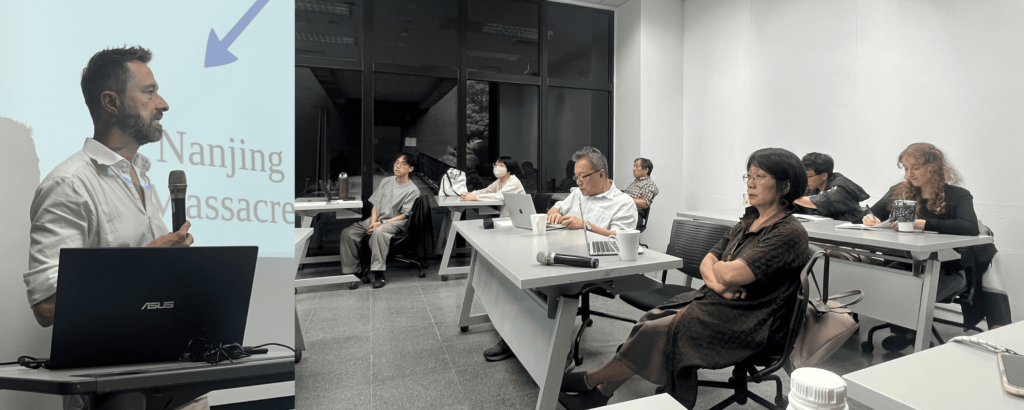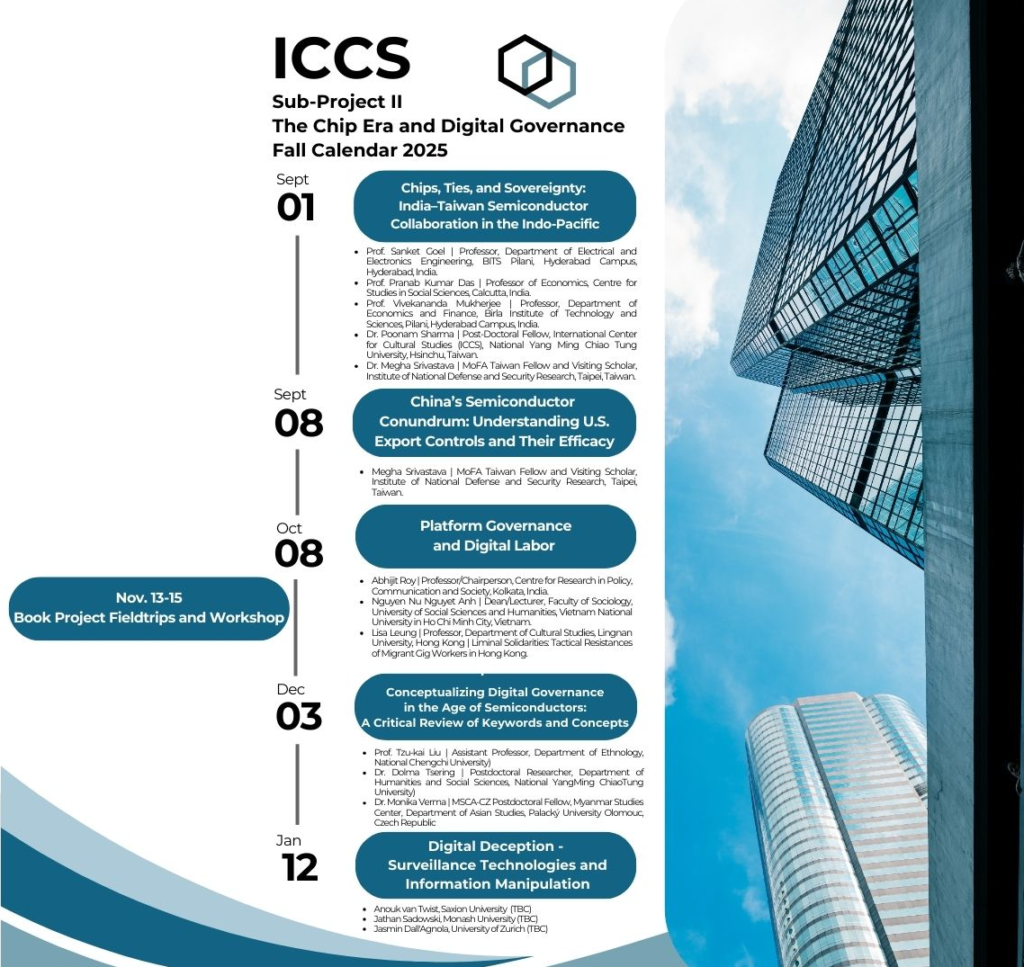Questioning the Impacts of General-Purpose AI on Human Labor
Researcher: Kwang-Suk Lee
As artificial intelligence (AI) technologies increasingly replicate human cognitive functions—such as language processing, programming, artistic creation, and scientific reasoning—their integration into labor markets raises critical socio-economic and human rights concerns. It is essential to examine how AI-driven automation, as a significant frontier in shifting power dynamics, is restructuring work environments, altering employment conditions, reshaping labor processes, and redefining labor rights. This study investigates the transformative impact of general-purpose AI, such as ChatGPT and DeepSeek, on service and cultural labor, with a particular focus on major East Asian metropolitan cities, including Beijing, Hong Kong, Seoul, Shanghai, Taipei, and Tokyo.
East Asian countries serve as particularly relevant case studies due to their state-led techno-developmentalist IT economies and strong public enthusiasm for technological innovation, particularly in AI chip development and platform-based economies. These nations exhibit notable similarities in AI’s application within emerging service sectors, including the gig economy and AI-driven cultural industries. Through a comparative analysis of AI’s deployment in Asian urban labor markets, this study seeks to identify commonalities in AI-driven labor cultures while also highlighting key differences in workplace implementation and broader socio-economic implications.
A central objective of this research is to critically assess the increasing precarity of human labor shaped by AI algorithms and the deskilling effects of AI-assisted tasks. This study evaluates both the opportunities and risks of AI-driven automation, particularly its potential to erode labor rights and job security. Ultimately, it advances the concept of ‘AI labor rights’ as a framework for addressing the challenges posed by algorithmic automation, advocating for human rights-based AI principles and policies that promote sustainable technological development while ensuring the protection and well-being of digital workers.







